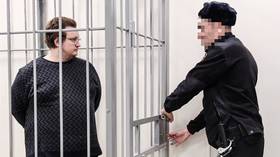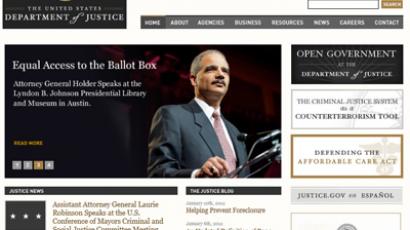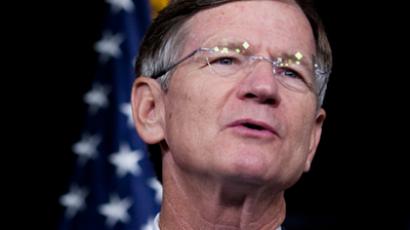Obama task force revives SOPA provision outlawing online streaming
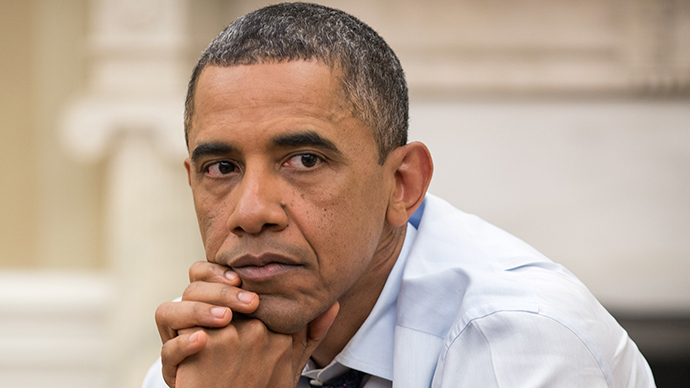
Sharing a song on YouTube could soon become a felony: the United State Department of Commerce is asking Congress to increase the penalties for streaming copyrighted work, reviving a provision from the failed Stop Online Piracy Act.
Opposition from the likes of Google, Wikipedia and the American Civil Liberties Union helped stop SOPA from passing in early 2012, but part of that bill could soon be back from the dead. According to a recent Commerce Department report, the office’s Internet Policy Task Force is asking Congress to reconsider a section of SOPA that could heavily penalize people for uploading select content to streaming services.
The task force’s latest report, Copyright Policy, Creativity and Innovation in the Digital Economy, pressures Congress to consider felony convictions for people caught streaming copyrighted songs, music and movies, and some say such legislation would outlaw the practice of uploading homemade cover tunes to the World Wide Web.
Under current law, streaming a copyrighted song or show is only a misdemeanor and not regularly enforced. Should the task force have its way, though, reproducing or distributing such material on streaming sites would open the possibility of felony charges.
In what the task force says would improve enforcement tools to combat online infringement, a green paper released last week “repeats the administration’s prior call for Congress to enact legislation adopting the same range of penalties for criminal streaming of copyrighted works to the public as now exists for criminal reproduction and distribution.”
That call, as noted in the Washington Post this week, was last seen as Section 201 of SOPA, a provision of the failed cyber-sharing bill that was originally titled “Streaming of copyrighted works in violation of criminal law.” But while SOPA was shot-down thanks to a massive campaign across all corners of the Web, Section 201 could soon resurface if the IPTF has their way.
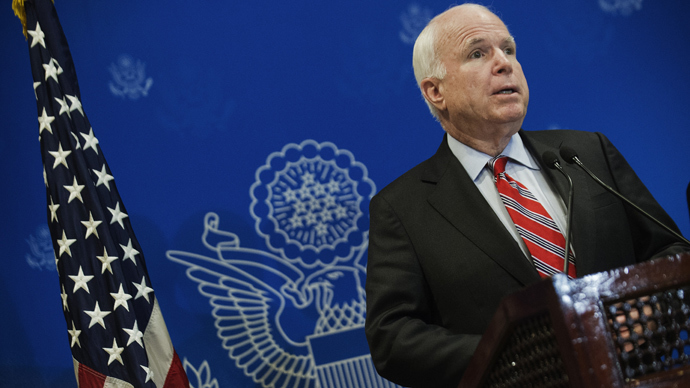
“In recent years a number of licensed online video streaming services have launched, and many cable television providers offer extensive on-demand catalogs to their subscribers. Other services have launched without licenses, using technology developed to transmit individual streams from individually-made copies, rather than broadcasting to the public from a single source copy. These services, which rely on recent case law in the context of a cable operator with underlying content licenses,pose a challenge to the traditional dividing lines between public and private performance, and raise a host of questions,” the report reads. “If any consumer can stream the content she wants on-demand, is this act ‘public’ as defined by the Copyright Act if the technology is structured so that the stream comes from a copy made by a third party for each individual? Does it make a difference if the consumer already has legal access in another form to the content being streamed? Does it matter how the source copies are made, and by whom? Such interpretive tensions in the face of changing delivery models are the inevitable result of a system based on a bundle of specific rights, each drafted in the context of then-existing technologies.”
Allowing anyone to sign-on to a website and upload material to be streamed around the world makes sharing remixes and home recordings all too easy. The task force says streaming content has cost the United States economy billions of dollars in losses, though, and they’re once again attempting to find a way to ensure anything with a copyright stamp can’t be shared without suffering some serious repercussions.
“The lack of potential felony penalties for criminal acts of streaming disincentivizes prosecution and undermines deterrence.The administration and the Copyright Office have both called on Congress to amend the Copyright Act to ensure that illegal streaming to the public can be punished as a felony in the same manner as other types of criminal infringement.The Task Force now repeats that call,” the group writes.
“While the willfully infringing reproduction and distribution of copyrighted works can be punished as a felony, willful violations of the public performance right are punishable only as misdemeanors. This discrepancy is an increasingly significant impediment to the effective deterrence and criminal prosecution of unauthorized streaming. Since the most recent updates to the criminal copyright provisions, streaming (both audio and video) has become a significant if not dominant means for consumers to enjoy content online. The Administration and the Copyright Office have both called on Congress to amend the Copyright Act to ensure that illegal streaming to the public can be punished as a felony in the same manner as other types of criminal infringement,” the task force continues.
Following widespread condemnation in and outside of the US, Rep. Lamar Smith (R-Texas) pulled SOPA from Congress early last year before it could go before a vote.
“I have heard from the critics, and I take seriously their concerns regarding proposed legislation to address the problem of online piracy,” Smith said at the time. “It is clear that we need to revisit the approach on how best to address the problem of foreign thieves that steal and sell American inventions and products.”



